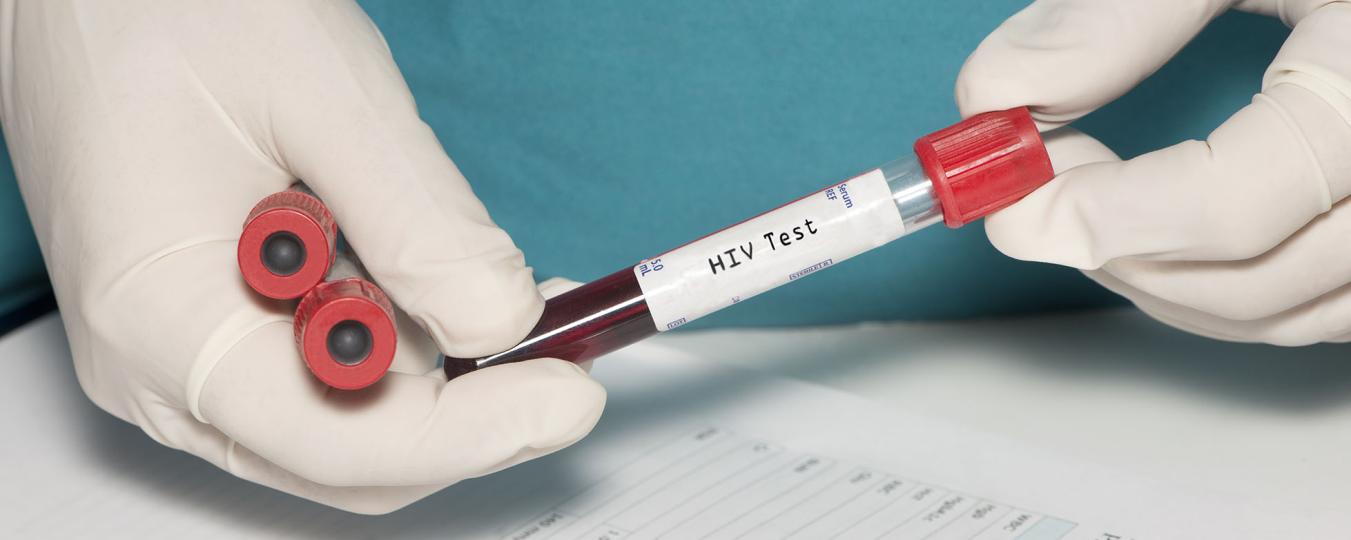Testing is Key to Living Healthy with HIV
June 27 marks National HIV Testing Day, an annual observance established in 1995 to encourage people to know their HIV status by being tested and, if newly diagnosed with HIV, connecting to medical care and treatment as soon as possible.
The past decade has been defined by marked progress in the treatment of HIV, and thanks to early diagnosis and more effective care plans, people with HIV are healthier and living longer than ever before.
According to the Centers for Disease Control and Prevention, among the more than one million people living with HIV in the U.S., one out of every seven does not know they have HIV. People who are unaware of their HIV status put their health and the health of their sexual partners at risk, as they may continue spreading the virus to others. The number of new infections may be decreased by encouraging early detection (testing), linking newly-diagnosed individuals to care in a timely manner, and keeping people living with HIV in treatment so they can remain virally suppressed.
An HIV infection may not always be identified by symptoms--the only way to detect the virus is through a blood test. Testing has never been easier or faster, and in honor of National HIV Testing Day, many local health departments, federally qualified health centers, and community-based organizations will offer free testing. Although some groups are more likely to be exposed to HIV, everyone--regardless of age, gender, race, ethnicity, or sexual orientation--may visit a local testing day event to get informed, be tested, and if HIV positive, get a treatment referral immediately after diagnosis.
New Jersey offers free HIV testing services to all state residents via the New Jersey AIDS/HIV/STD Hotline, staffed by health professionals who provide free, confidential help by phone, text, email or chat available 24 hours a day, 7 days a week. The hotline is housed at New Jersey Medical School, part of Rutgers Health, administered by the New Jersey Poison Control Center, and funded by the New Jersey Department of Health’s Division of HIV, STD, and TB Services. To learn more about the hotline, or to speak to a trained health professional, visit the Hotline website, call 1-800-624-2377, or text or email [email protected].

